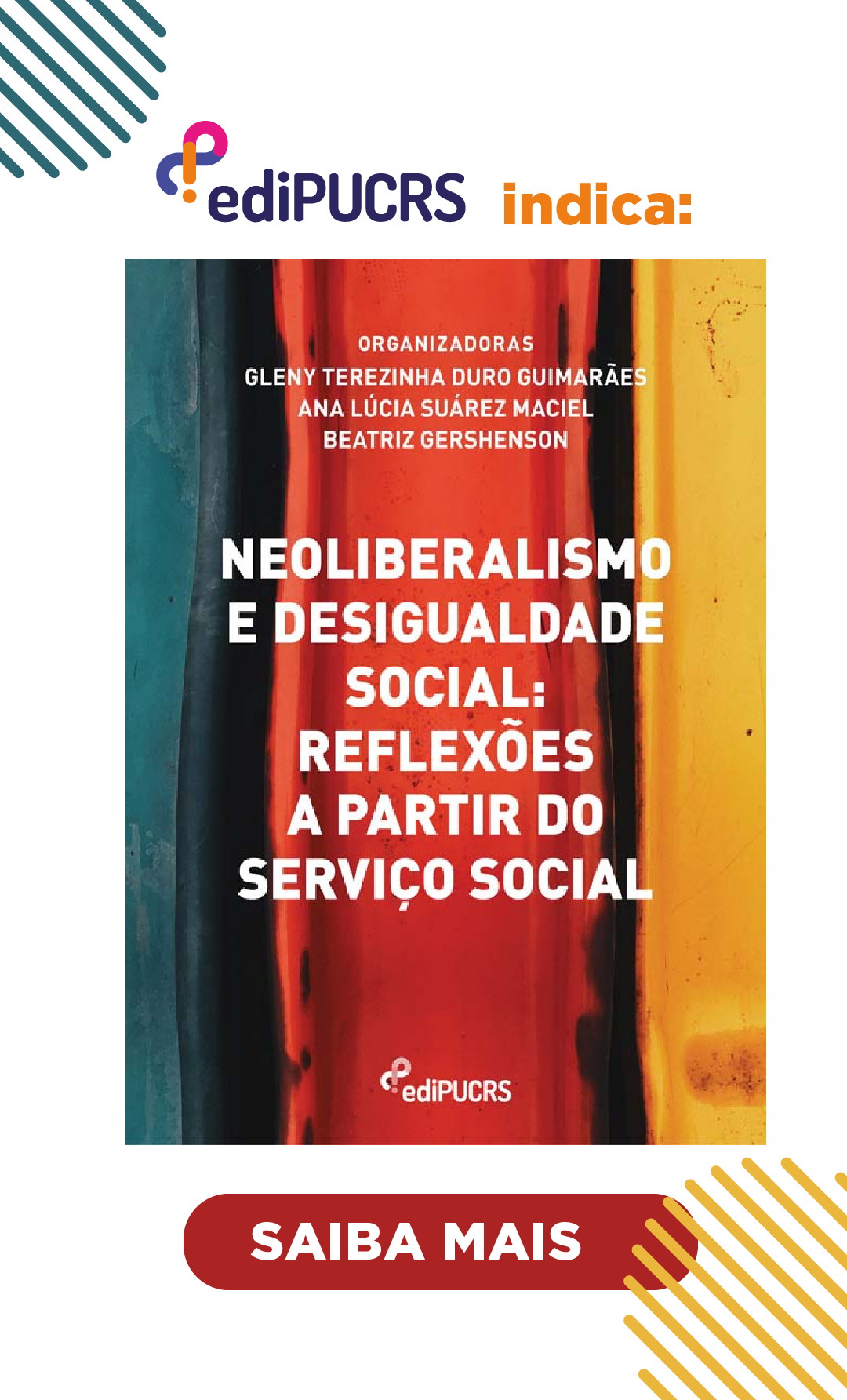User’s attendance: contributive factor for suffering in the health’s work
Keywords:
Sofrimento no trabalho em saúde. Assistência ao usuário. Conflitos.Abstract
In considering the issue of suffering that health care workers undergo, one must connect it with attendance to health care service users when this aspect of the work process in public health care is most emphasized. As one can learn from Botazzo’s (1999) studies there are clearly conflicting needs and views between the users and the users and the working people involved concerning health care. Campos (1997a) also states these different social roles which often cause conflicts of interests. This study is a qualitative approach in which interviews are analyzed by a content analysis method. The subjects of this study were 17 female workers in the municipal health service. The data obtained were compatible with theoretical references that were used, and showed conflicting interests between attendants and users. The precarious state of this service brings about suffering situations to workers since, because of unprovided means, they have to cope with the situations with means at hand to minimally attend the increasing requirements of the population, often regarded as improper by the public servants. Also, there is a great influence of the environment where these relations between users and attendants take place. So it is vital to find a mediating answer to these conflicts pattern to a preventive and self-promoting pattern of public health care.Word-keys – Suffering in the health's work. Assistence to users. Conflicts.
Downloads
Downloads
Published
How to Cite
Issue
Section
License
Copyright
The submission of originals to Textos & Contextos (Porto Alegre) implies the transfer by the authors of the right for publication. Authors retain copyright and grant the journal right of first publication. If the authors wish to include the same data into another publication, they must cite Textos & Contextos (Porto Alegre) as the site of original publication.
Creative Commons License
Except where otherwise specified, material published in this journal is licensed under a Creative Commons Attribution 4.0 International license, which allows unrestricted use, distribution and reproduction in any medium, provided the original publication is correctly cited.





